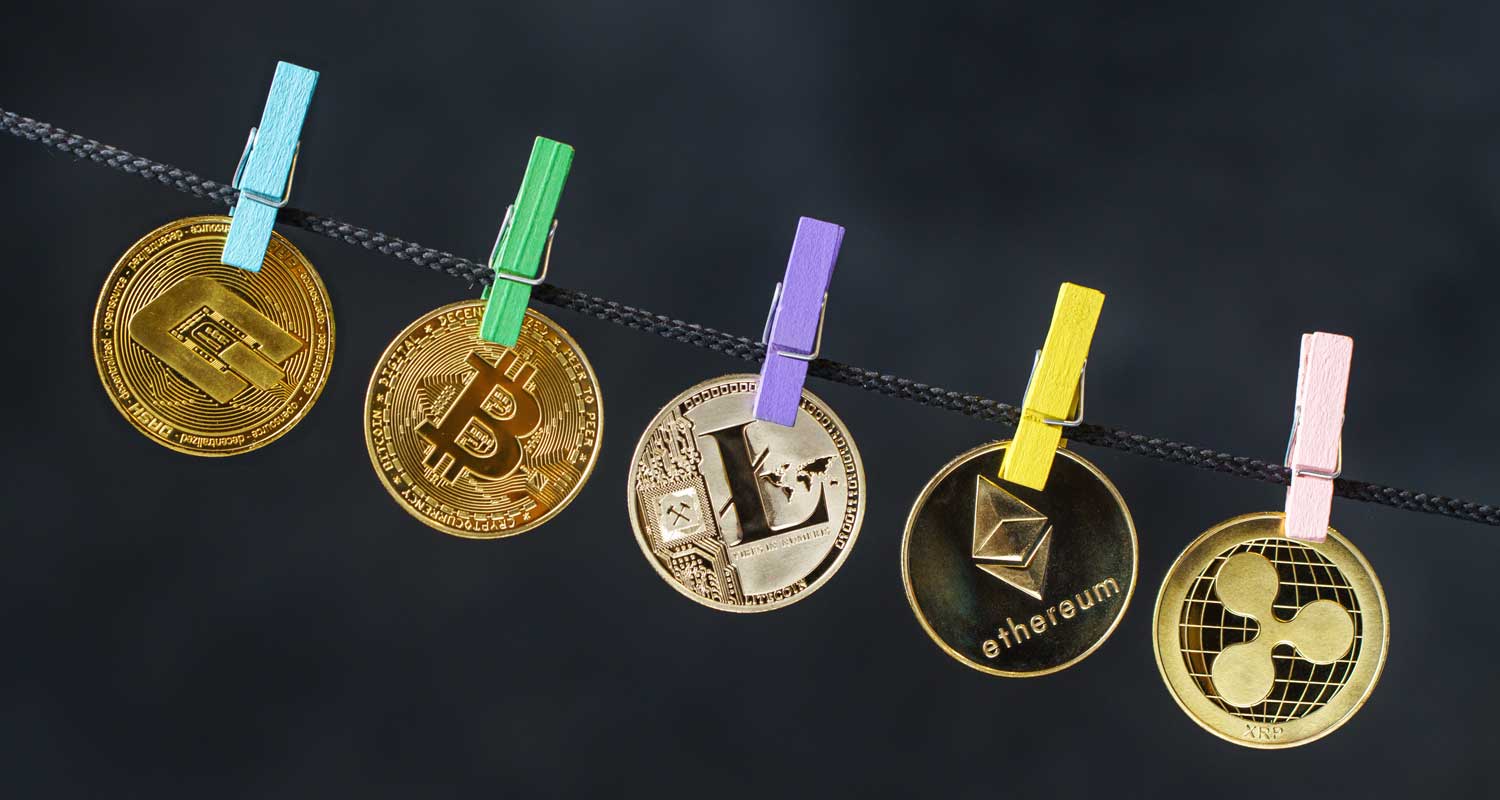 Palestinian militant group Hamas uses a global financing network to funnel support from charities and friendly nations, passing cash through Gaza tunnels or using cryptocurrencies to bypass international sanctions, according to experts and officials.
Palestinian militant group Hamas uses a global financing network to funnel support from charities and friendly nations, passing cash through Gaza tunnels or using cryptocurrencies to bypass international sanctions, according to experts and officials.
However, Hamas, which governs the Gaza Strip, will face even more obstacles accessing funds after the rampage by the group’s gunmen that killed hundreds of Israelis, mainly civilians. Israel has responded with the heaviest bombardment of Gaza in 75 years of conflict.
Earlier this week, Israeli police said they froze a Barclays bank account the authorities said was linked to Hamas fundraising and blocked cryptocurrency accounts used to gather donations, without specifying how many accounts or the value of the assets.
The move provided a glimpse of a complex financial web, some legitimate, much hidden, that underpins Hamas, or the Islamic Resistance Movement, and its government in the Gaza Strip, which it has run since 2007.
Matthew Levitt, a former US official specialised in counterterrorism, estimated the bulk of Hamas’s budget of more than US$300-million (R5.7-billion) came from taxes on business, as well as from countries including Iran and Qatar or charities.
Last February, the US state department said that Hamas raises funds in other Gulf countries and gets donations from Palestinians, other expatriates and its own charities.
Hamas officials could not be reached for comment for this story. In the past, Hamas has said financial restrictions placed on its donors were an attempt to neutralise legitimate resistance against Israel.
Terrorist financing
Hamas, sanctioned as a terrorist organisation by the US, Britain and other countries, had increasingly used cryptocurrencies, credit cards or contrived trade deals to avoid mounting international restrictions, Levitt said.
“Hamas has been one of the more successful users of crypto for the financing of terrorism,” said Tom Robinson, co-founder of blockchain research firm Elliptic.
However, this year Hamas said it would back away from crypto, after a spate of losses. Cryptocurrencies’ ledger systems can make such transactions traceable.
Blockchain researchers TRM Labs said this week in a research note that crypto fundraising has previously increased following rounds of violence involving Hamas. After fighting in May 2021, Hamas-controlled crypto addresses received more than $400 000, TRM Labs said.
However, since last weekend’s violence, prominent Hamas-linked support groups had moved just a few thousands dollars through crypto, TRM noted.
 “One likely reason for the low donation volume is that Israeli authorities are targeting them immediately,” TRM said, adding that Israel had seized cryptocurrency worth “tens of millions of dollars” from Hamas-linked addresses in recent years.
“One likely reason for the low donation volume is that Israeli authorities are targeting them immediately,” TRM said, adding that Israel had seized cryptocurrency worth “tens of millions of dollars” from Hamas-linked addresses in recent years.
Between December 2021 and April this year, Israel seized almost 190 crypto accounts it said were linked to Hamas.
Whether through crypto or other means, Hamas’s allies have found ways to get money to Gaza. The US state department has said that Iran provides up to $100-million annually in support to Palestinian groups including Hamas, and has cited methods of moving the money through shell companies, shipping transactions and precious metals.
Iranian authorities did not immediately respond to a request for comment.
By last year, Hamas had established a secret network of companies managing $500-million of investments in companies from Turkey to Saudi Arabia, the US treasury has said, announcing sanctions on the firms in May, 2022.
Qatari aid provides $100 to the poorest Palestinian families and extends the period of electricity during a day in Gaza
Israel has long accused Iran’s clerical rulers of stoking violence by supplying arms to Hamas. Tehran, which does not recognise Israel, says it gives moral and financial support to the group.
Backing the Palestinian cause has been a pillar of the Islamic Republic since the 1979 revolution and a way for the country to fashion itself as a leader of the Muslim world.
Gas-rich Qatar, too, has paid hundreds of millions of dollars to Gaza since 2014, at one point spending $30-million/month to help operate the enclave’s sole power plant and to support needy families and public servants in the Hamas-run government.
“Qatari aid provides $100 to the poorest Palestinian families and extends the period of electricity during a day in Gaza,” a Qatari official said in response to a request for government comment, adding that it had helped “maintain stability and quality of life for … Palestinian families”.
Qatar walks a foreign policy tightrope, hosting the region’s largest US military base, the Taliban and other groups, often allowing it to mediate.
Financing tactics
Qatar’s funding for Gaza actually passes through Israel, a source familiar with the process said.
The funds are transferred electronically from Qatar to Israel. Israeli and UN officials hand-carry cash over the border to Gaza.
The cash is distributed directly to needy families and public servants in Gaza and each family or individual must sign next to their name that they’ve received the cash. One copy of that sheet goes to Israel, one goes to the UN and one goes to Qatar.
“Qatari aid to the Gaza Strip is fully coordinated with Israel, the UN and the US,” the Qatari government official said.
In recent years, Qatar bought fuel from Israel for Gaza’s sole power station. It also sent Egyptian fuel that Hamas can resell, using the proceeds for salaries.
Stephen Reimer of the think-tank Royal United Services Institute predicted fresh attempts to fully restrict the group’s access to formal financial channels would have limited success. “Their financing tactics have grown to circumvent these.” — Hadeel Al Sayegh, John O’Donnell and Elizabeth Howcroft, with Saeed Azhar, Sinead Cruise, Tom Wilson, Tommy Wilkes, Andrew Mills and Parisa Hafezi, (c) 2023 Reuters

